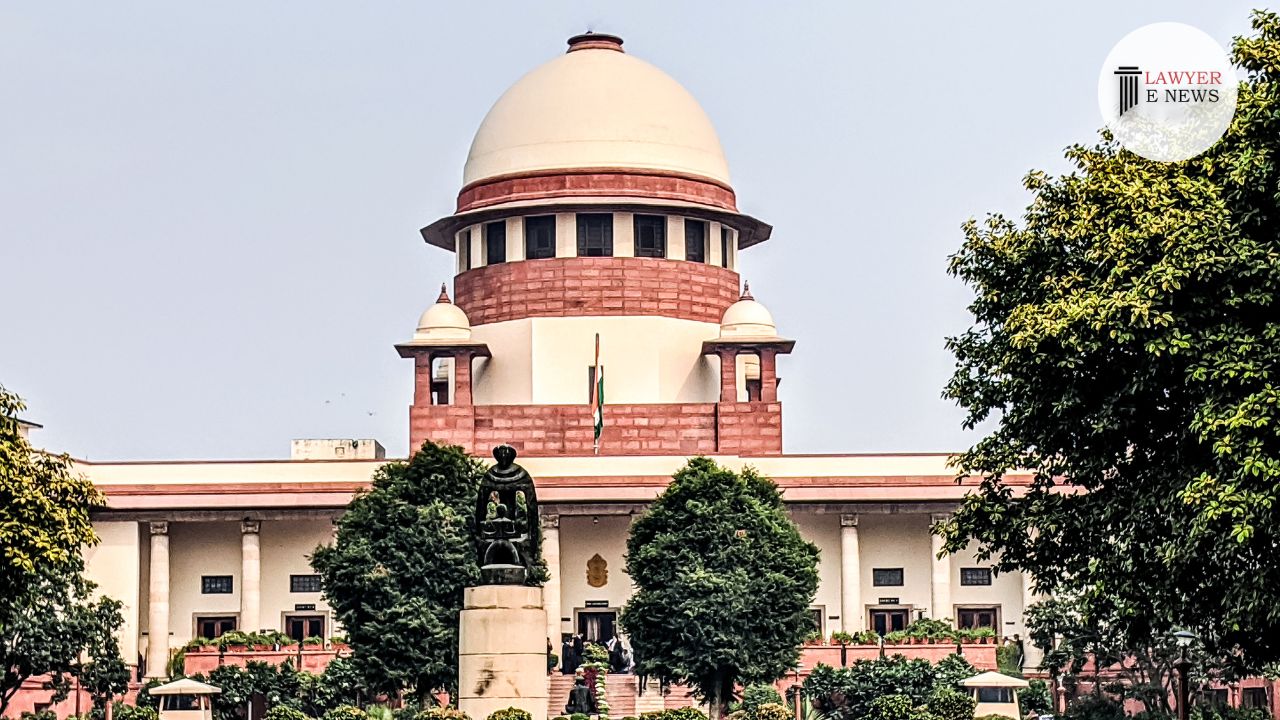-
by Admin
16 February 2026 1:47 PM



In a landmark judgment, the Supreme Court of India has issued a significant directive to stop the practice of mentioning the caste or religion of litigants in legal filings. While allowing a transfer petition involving a matrimonial dispute, the bench comprising Justices Hima Kohli and Ahsanuddin Amanullah expressed surprise and concern over the mention of the caste of the parties in the case memo.
The apex court's order was pronounced in the context of a Transfer Petition (Civil) No. 1957 of 2023, where petitioner Shama Sharma sought the transfer of a restitution of conjugal rights case filed by her husband, Kishan Kumar, from Sri Ganga Nagar, Rajasthan to Faridkot, Punjab.
In its order, the Supreme Court observed, "We see no reason for mentioning the caste/religion of any litigant either before this Court or the courts below. Such a practice is to be shunned and must be ceased forthwith." This observation comes as a critical directive aimed at promoting equality and discouraging caste-based discrimination in judicial proceedings.
The Court also noted the non-responsiveness of the respondent-husband despite efforts to notify him and allowed for the possibility of his virtual participation in future proceedings. The judgment further directed the transfer of the matrimonial case from Rajasthan to Punjab, citing the convenience of the petitioner-wife.
The ruling is significant in its emphasis on removing caste and religion mentions in legal documents. This reflects the judiciary's commitment to ensuring equality and non-discrimination in legal processes. The Supreme Court has also directed all High Courts to ensure compliance with this directive in their respective jurisdictions.
Date: January 10, 2024
SHAMA SHARMA VS KISHAN KUMAR
